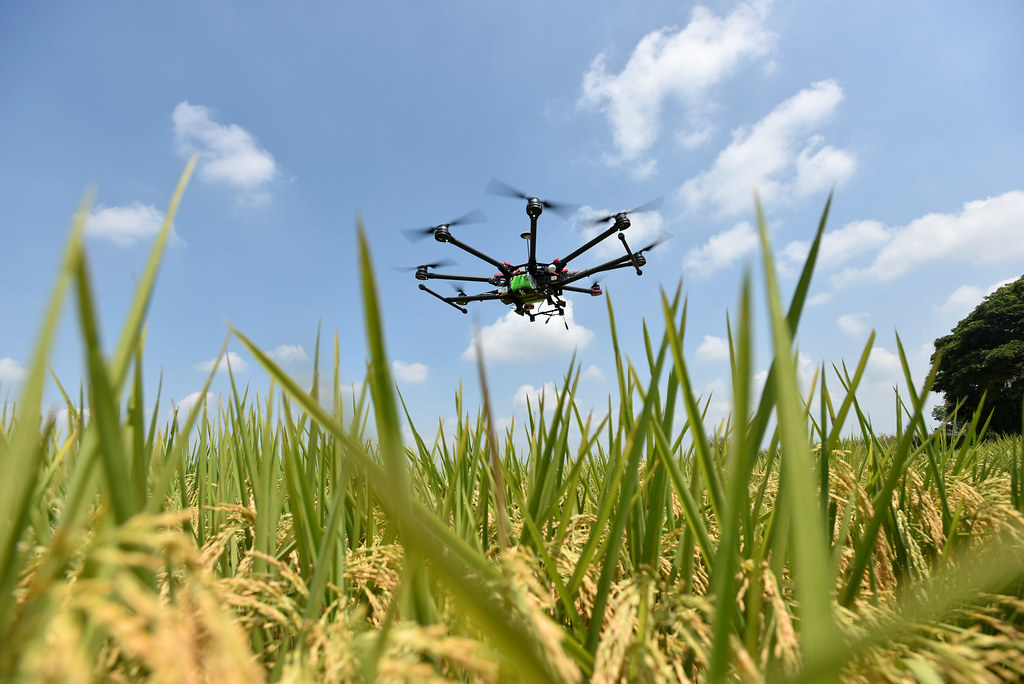-
RAAF
Contributing to the implementation of the Regional Agricultural Policy
RAAF Approach is essentially based on getting things done.
-
Thematics

Thematic areas
The implementation of the Regional Agricultural Policy (ECOWAP) is built around nine thematic areas.
-
Projects
- Renforcement des capacités pour la mise en œuvre de l’ECOWAP en Afrique de l’ouest
- At the end of PRAPS-1, which achieved significant progress in relation to most of the issues relating to animal health, sustainable management of rangelands and pastoral resources, livestock trade, and prevention and management of pastoral crises, the Wor
- Fruit flies are a major problem for the horticultural sector in West African countries. They destroy 50 to 80% of fruit production.
- The Global Climate Change Alliance Plus (GCCA+) is the second phase of an initiative of the same name launched by the European Commission in 2008
- West Africa is one of the most vulnerable regions in the world.
- Renforcement des capacités pour la mise en œuvre de l’ECOWAP en Afrique de l’ouest
- West Africa is facing three major challenges: (i) structural food and nutritional insecurity, (ii) the effects of climate change (droughts, aridity, floods, etc.), (iii) salinization and physico-chemical degradation of agricultural land.
-
News
Follow our news and events
-
Resources
Contents
More information on our work.
-
Multimedias
Interaction
Audio-visual based communication
-
Opportunities
Get Involved
- Portals
In addition to improving school attendance and success rate, integrated school feeding programs play an important role as a social safety net. They constitute a key pillar of human capital development and a business opportunity for local agricultural producers.
With the technical and financial support of the Spanish Cooperation, the ECOWAS Commission launched fifteen (15) field projects in July 2024 in Lomé, Togo, to promote local initiatives for integrated school feeding models in West Africa. Selected following a call for proposals, these projects cover the fifteen (15) ECOWAS Member States. Funding for such local initiatives amounts to four million six hundred and eleven thousand, and sixty-four (4,611,064) US dollars.
These initiatives result from the Regional Project to Promote Integrated School Feeding Models in West Africa (PMAI-AO), which constitutes both a social safety net capable of cushioning the social shocks caused by food and nutrition crises, and a financially sustainable investment in human capital development. PMAI-AO contributes to build ECOWAS operational capacities in various strategic areas ranging from monitoring-evaluation/capitalization to communication. PMAI-AO also plans to set up a support-advisory system for countries through a permanent exchange platform on the theme of school feeding. Additionally, the implementation of field projects will help draw conclusions and recommendations for the development, revision and harmonization of integrated school feeding policies and schemes.

In the end, the various field projects will be evaluated and serve as a basis for designing a regional reference framework for integrated school feeding, explicitly including strategies to promote gender equality and social inclusion.
